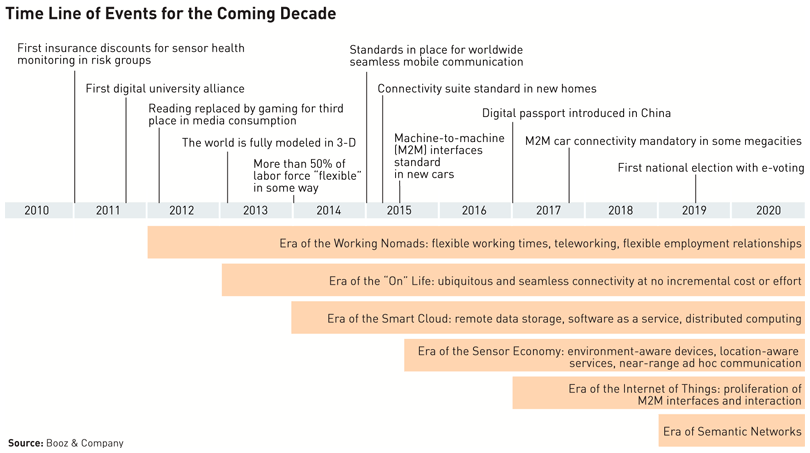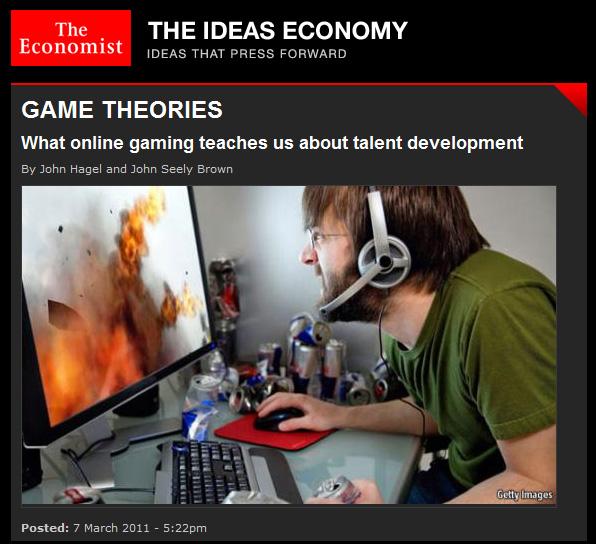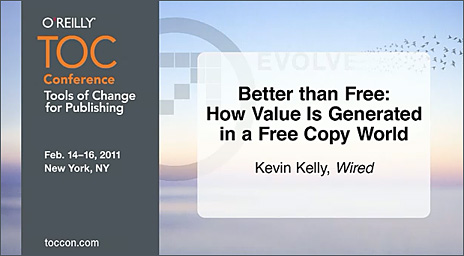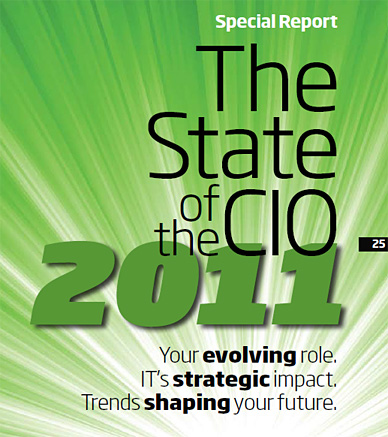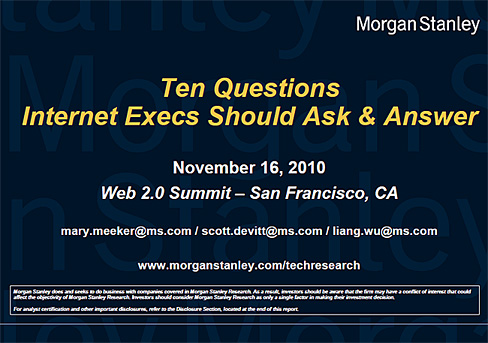2020 Learners — from learning with ‘e’s by Steve Wheeler
Excerpt:
Children of the future will also need to learn for life – learning to be flexible, adaptable and open to changes that might – for our current generation at least – be perceived as a threat. Of one thing we can all be certain – that change will accelerate in the next few years. Change can be disruptive and can take time, energy and effort to adapt to, but learners of the future will need to see change as an opportunity, and will need the requisite skills to take the opportunities that are presented and turn them into positive and sustainable outcomes.
Finally, children will need to be able to design their own learning spaces, create their own content and learn from it. They will be less reliant on didactic and transmissive forms of teaching and will turn instead to more independent learning from the vast storehouse of knowledge we know as the World Wide Web. This does not preclude some form of ‘schooling’ however. The teacher’s role will change to accommodate these new needs. Teachers will become facilitators, mediators, co-authors and co-producers of content, and ultimately, companion travellers with children on their road to better learning. It is already happening in some schools. In posts later this week, I will explore what possible new roles of teachers in 2020 will need to adopt to help to prepare learners for an uncertain and certainly unpredictable future.
Lisa Gansky: The future of business is the “mesh” — from TED
At TED@MotorCity, Lisa Gansky, author of “The Mesh,” talks about a future of business that’s about sharing all kinds of stuff, either via smart and tech-enabled rental or, more boldly, peer-to-peer. Examples across industries — from music to cars — show how close we are to this meshy future.
Preparing for Generation C — from Business Spectator by Roman Friedrich, Michael Peterson, and Alex K
Excerpt:
Colin is a 20-year-old computer science student living in London with two other students in the year 2020. He enjoys backpacking, sports, music, and gaming. He has a primary digital device (PDD) that keeps him connected 24 hours a day — at home, in transit, at school. He uses it to download and record music, video, and other content, and to keep in touch with his family, friends, and an ever-widening circle of acquaintances. His apartment is equipped with the latest wireless home technology, giving him superfast download speeds of up to 100 Mbps.
…
Much of Colin’s experience at school is mediated by his PDD. He can attend lectures, browse reading material, do research, compare notes with classmates, and take exams — all from the comfort of his apartment. When he goes to campus, his PDD automatically connects to the school’s network and downloads relevant content, notices, and bills for fees, for which he can authorise payment later, at his leisure. Although he prefers to shop online, when he visits a retail store, his PDD automatically connects to the store’s network, guiding him through product choices, offering peer reviews, and automatically checking out and paying for items he purchases.
…
This is the first generation that has never known any reality, other than that defined and enabled by the Internet, mobile devices, and social networking. They have owned various hand-held devices all their lives, so they are intimately familiar with them and use them for as much as six hours a day. They all have mobile phones, yet they prefer sending text messages to talking with people. More than 95 per cent of them have computers, and more than half use instant messaging to communicate, have Facebook pages, and watch videos on YouTube. Their familiarity with technology; reliance on mobile communications; and desire to remain in contact with large networks of family members, friends, business contacts, and people with common interests will transform how we work and how we consume.
The article includes this graphic:
.









